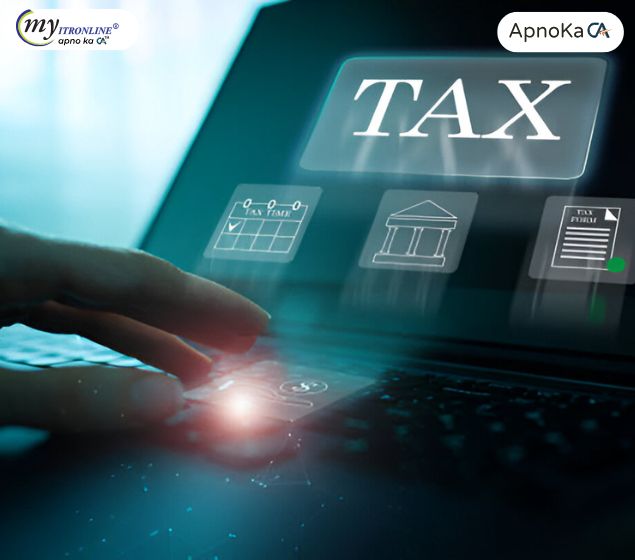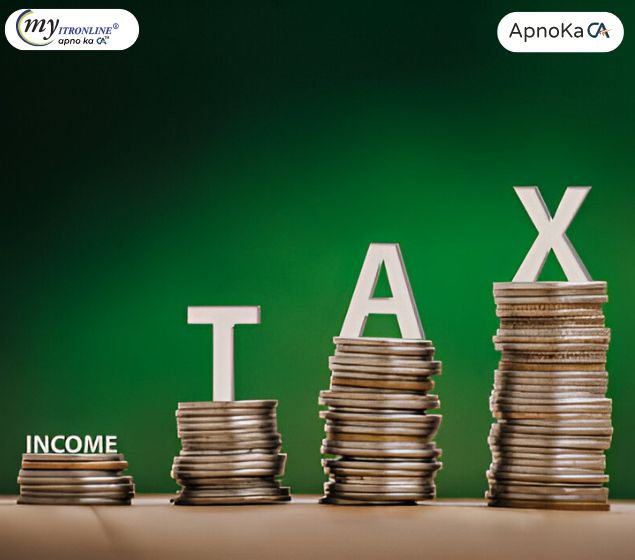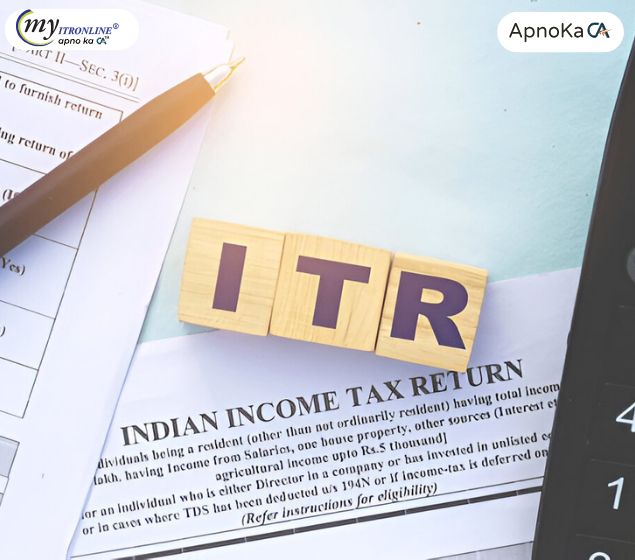# taxpayer
12 posts in `taxpayer` tag
.jpg)
Important Relief from CBDT for Income Tax Filers
The Central Board of Direct Taxes (CBDT) has announced significant relief for taxpayers. A new circular extends deadlines for correcting income tax returns that were incorrectly invalidated by CPC-Bengaluru for Assessment Year 2023-24 and also provides an extended period to rectify returns where income was mistakenly excluded from assessment. This move aims to simplify compliance and ensure accurate tax records for citizens.
.jpg)
New Income Tax Bill 2025: Big Changes Coming!
India is embarking on a major tax reform, replacing its outdated Income Tax Act, 1961, with the New Income Tax Bill 2025. A parliamentary committee has proposed 285 changes to this draft legislation, aiming to simplify language, modernize provisions (including for digital assets), reduce litigation, and enhance taxpayer experience. This blog post breaks down the reasons behind this overhaul, the committee's role in suggesting extensive "corrective" changes, and the key implications for taxpayers as India moves towards a new tax regime from April 1, 2026.
.jpg)
GST Portal Update: Appeal Against Waiver Order (SPL-07) Rejection Now Live!
The GST Portal has introduced a crucial update enabling taxpayers to file appeals (Form APL-01) against rejection orders (SPL-07) issued under the GST Amnesty Scheme. This provides a vital recourse for businesses whose applications for penalty and interest waivers were denied. This detailed guide covers the context of the amnesty scheme, the significance of this new online appeal functionality, critical points to consider before filing (like the 'no withdrawal' policy and pre-deposit requirements), and a comprehensive step-by-step process for filing the appeal on the GST Portal.
.jpg)
ITR-2 & ITR-3 Excel Utilities Are LIVE! Your Essential Guide to Filing for AY 2025-26
This blog post announces the release of ITR-2 and ITR-3 Excel utilities for AY 2025-26. It explains which taxpayers must use these forms and highlights important updates from the Finance Act, 2024. These updates include changes to capital gains segregation, share buyback rules, and higher asset reporting thresholds. The post describes the benefits of using Excel utilities and offers a clear, step-by-step guide for filing. It stresses key points like the e-verification deadline and the need for accuracy and good record-keeping to ensure smooth compliance.
.jpg)
Taxpayer Alert! Decoding Income Tax Department's New Rules for FY 2025-26
The Income Tax Department is making significant updates and tightening compliance for FY 2025-26 (AY 2026-27). This blog post serves as an important "taxpayer alert." It explains key changes, such as the mandatory Aadhaar-based verification for updates to the e-filing portal and PAN applications. There is also a stronger emphasis on computer-assisted scrutiny (CASS) for certain types of returns, including survey/search cases, ITR-7 filers, recurring additions, and intelligence alerts. Additionally, it provides information on expected delays in ITR refunds due to outstanding demands and technical upgrades. The focus on HRA claims will tighten, especially those that involve family members. It highlights the need for proactive compliance, careful record-keeping, and timely responses to avoid penalties and ensure a smooth tax experience.

ITR-B Online: New Ease for Section 158BC Notices
This blog post details a significant update for taxpayers who have received a notice under Section 158BC of the Income-tax Act, 1961. It explains that Form ITR-B, a special return for undisclosed income found during past search and seizure operations, can now be submitted conveniently through the Income Tax portal's e-Proceeding tab. The article clarifies what a Section 158BC notice entails, highlights the benefits of online submission (convenience, efficiency, transparency), provides step-by-step guidance, and emphasizes the crucial role of professional advice for these complex assessments.

Unlocking HRA Exemption: Yes, You Can Claim HRA While Staying With Your Parents in India!
Did you know you can claim HRA exemption even when you live with your parents? It's a common misconception that costs many taxpayers valuable savings. Our detailed blog post breaks down exactly how to do it legally: from ensuring genuine rent payments and formal agreements to understanding your parents' tax implications. Learn the crucial conditions and required documents to unlock this significant tax benefit. Simplify your HRA claim with expert guidance from myitronline.

Important Announcement for Taxpayers: CBDT Extends Deadline for Processing AY 2023-24 Income Tax Returns
The Central Board of Direct Taxes (CBDT) has issued an order extending the processing deadline for electronically filed Income Tax Returns (ITR) for Assessment Year (AY) 2023-24 to November 30, 2025. This relaxation applies to returns where the intimation under Section 143(1) had previously lapsed. The blog post explains who benefits, important exceptions (like scrutiny cases and assessee-attributable delays), and reiterates the necessity of PAN-Aadhaar linking for refund eligibility. It highlights this as a significant relief for taxpayers.

Exciting Update for Your GST Filings: GSTR-3B Will Have a
This blog post explains the upcoming major change in GST filing: the GSTR-3B's auto-populated tax liability will become non-editable from July 2025. It clarifies why this is happening, introduces GSTR-1A as the crucial form for corrections, and outlines the essential steps taxpayers must take to ensure timely and accurate compliance, including a note on the new 3-year return filing deadline.

Breaking News: Income Tax Return (ITR) Filing Deadline for AY 2025-26 Extended to September 15, 2025
The Central Board of Direct Taxes (CBDT) has announced an extension for the filing of Income Tax Returns (ITRs) for Assessment Year (AY) 2025-26. Originally due by July 31, 2025, the deadline has now been extended to September 15, 2025. This decision comes in light of structural and content revisions in the notified ITRs, necessitating additional time for system development and integration, and considering the time required for system readiness. The extension aims to provide taxpayers with a smooth and convenient filing experience, ensuring compliance and accurate reporting

Major Update: You Can Now File ITR-U for the Past Four Years!
The Income Tax Department has announced a monumental extension for ITR-U (Updated Income Tax Return) filing, allowing taxpayers to rectify errors or omissions for up to four previous years instead of the prior two. This blog delves into what ITR-U is, the new extended deadlines, who is eligible to file, situations where it cannot be filed, the associated additional tax liability, and the myriad benefits this flexibility offers for enhanced tax compliance and reduced legal complications.

GST Appeal Withdrawal Waiver Scheme: Key Advisory Details for Taxpayers
This blog post provides a detailed analysis of the recent GST Advisory concerning the Appeal Withdrawal Waiver Scheme. It explains the scheme's purpose, highlights the significance of the advisory, outlines the expected key points including eligibility and procedure, details the implications of withdrawal, and offers actionable steps for taxpayers considering this option to resolve pending GST disputes.
